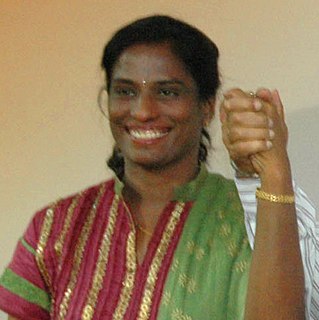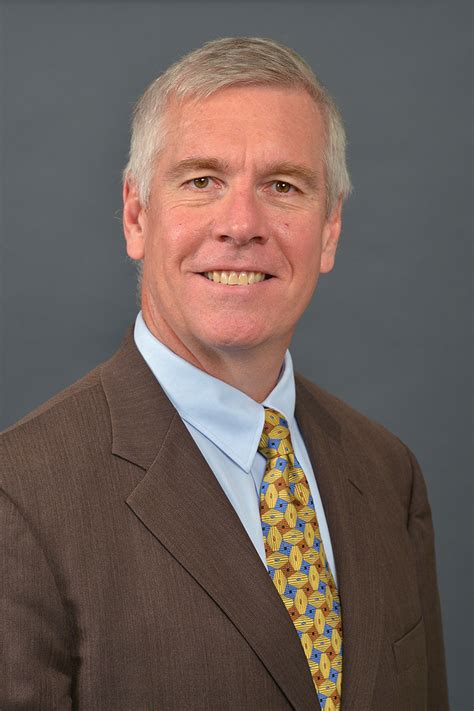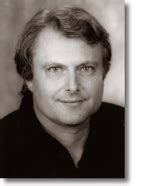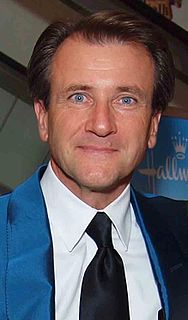A Quote by Chip Espinoza
People who lack self-regulation are often invasive of others. They can be perceived as being controlling, antagonistic, or even subversive.
Quote Topics
Related Quotes
Are you willing to push the right buttons even if it means being perceived as the villain? … I'd rather be perceived as a winner than a good teammate. I wish they both went hand in hand all the time but that's just not reality. … I have nothing in common with lazy people who blame others for their lack of success.
Selfish is an exploitation of others for self; selfless is an exploitation of self for others. Both are extrinsic. ..... Selfness. When selfness prevails, the qualities of others are sometimes used for self and the qualities of self are often extended to others. The basic and key difference is that exploitation is never the object of the outcome.
Lack of self-confidence is, more often than not, simple laziness. We feel confused and uncertain because we do not know. But instead of making the effort to investigate, we procrastinate and worry. We tell ourselves we can't instead of learning how we can. If we used the mental energy we expend in worry and fear to get out and find out about what we do not know, we would see our self-confidence grow. Lack of self-confidence is not overcome by faith, but by action. It is a lack, not of certainty, but of effort. Too often we are certain that we can't before we give ourselves a fair chance.
As a mode of perception that often becomes a style of life, paranoia weaves around the vulnerable self or group an air-tight metaphysic and world view. Paranoia is an antireligious mysticism based on the feeling or perception that the world in general, and others in particular, are against me or us. Reality is perceived as hostile. By contrast, the religious mystic experiences the ground of being as basically friendly to the deepest needs of the self. That which is unknown, strange, or beyond our comprehension is with and for rather than against us.
Government programs aim at getting money for poor people. Our hope was that knowledge would in the long run be more useful, provide more money, and eventually strike at the system-causes of poverty. Government believes that poverty is just a lack of money. We felt, and continue to feel, that poverty is actually a lack of skill, and a lack of the self-esteem that comes with being able to take some part of one's life into one's own hands and work with others towards shared-call them social-goals.
Perceived self-efficacy also shapes causal thinking. In seeking solutions to difficult problems, those who perceived themselves as highly efficacious are inclined to attribute their failures to insufficient effort, whereas those of comparable skills but lower perceived self-efficacy ascribe their failures to deficient ability
First, my people must be taught the knowledge of self. Then and only then will they be able to under-stand others and that which surrounds them. Anyone who does not have a knowledge of self is considered a victim of either amnesia or unconsciousness and is not very competent. The lack of knowledge of self is a prevailing condition among my people here in America. Gaining the knowledge of self makes us unite into a great unity. Knowledge of self makes you take on the great virtue of learning.


































